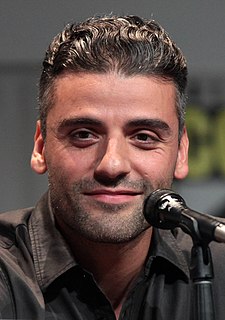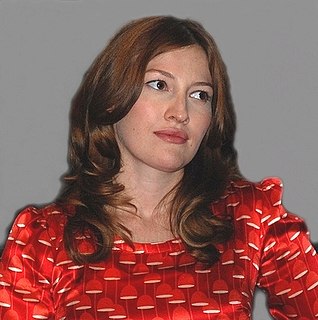A Quote by James Baldwin
Most of us are about as eager to change as we were to be born, and go through our changes in a similar state of shock.
Related Quotes
When we feel we are powerless our ego most wants to change the things in our world. As we realize we have the power to change our reality the maturity that comes with that understanding changes us, and we find ourselves in acceptance of what is with less desire of feeling our need to change the world around us.
Movement, change, light, growth and decay are the lifeblood of nature, the energies that I I try to tap through my work. I need the shock of touch, the resistance of place, materials and weather, the earth as my source. Nature is in a state of change and that change is the key to understanding. I want my art to be sensitive and alert to changes in material, season and weather. Each work grows, stays, decays. Process and decay are implicit. Transience in my work reflects what I find in nature.
Prayer does change things, all kinds of things. But the most important thing it changes is us. As we engage in this communion with God more deeply and come to know the One with whom we are speaking more intimately, that growing knowledge of God reveals to us all the more brilliantly who we are and our need to change in conformity to Him. Prayer changes us profoundly.
There is in us an instinct for newness, for renewal, for a liberation of creative power. We seek to awaken in ourselves a force which really changes our lives from within. And yet the same instinct tells us that this change is a recovery of that which is deepest, most original, most personal in ourselves. To be born again is not to become somebody else, but to become ourselves.
In fact, most of the time, people with similar information, similar beliefs and similar apparent choices will choose similar actions. So if you want to know why someone does what they do, start with what they know, what they believe and where they came from. Dismissing actions we don't admire merely because we don't care enough to have empathy is rarely going to help us make the change we seek. It doesn't help us understand, and it creates a gulf that drives us apart.
Physically, we get older and then we die. Yet spiritually, whether we go backward or forward is a matter not of the body but of consciousness. When we think about age differently, then our experience of it changes. We can be physically older but emotionally and psychologically younger. Some of us were in a state of decay in our 20s and are in a state of re-birth in our 60s or 70s. King Solomon, who supposedly was the wisest of all men, described his youth as his winter and his advanced years as his summer. We can be older than we used to be yet feel much younger than we are.
A whole lot of us go through life assuming that we are basically right, basically all the time, about basically everything: about our political and intellectual convictions, our religious and moral beliefs, our assessments of other people, our memories, our grasp of facts. As absurd as it sounds when we stop to think about it, our steady state seems to be one of unconsciously assuming that we are very close to omniscient.
Climate has always changed. It always has and always will. Sea level has always changed. Ice sheets come and go. Life always changes. Extinctions of life are normal. Planet Earth is dynamic and evolving. Climate changes are cyclical and random. Through the eyes of a geologist, I would be really concerned if there were no change to Earth over time. In the light of large rapid natural climate changes, just how much do humans really change climate?




































